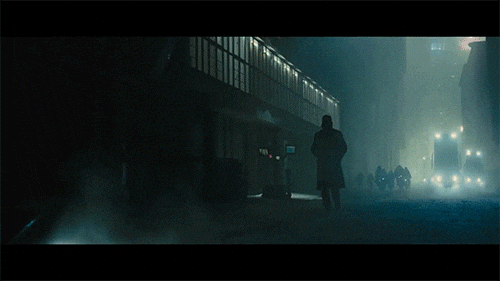Blade Runner, released in 1982, is a science fiction film directed by Ridley Scott that has left an indelible mark on popular culture. The movie's portrayal of a dystopian future where synthetic humans called replicants are created to serve humanity raises several thought-provoking questions about the nature of identity and what it means to be human.
One significant social implication of Blade Runner is its exploration of the ethical implications of creating artificial beings with advanced intelligence and emotions. The film poses the question: if these replicants can think, feel, and experience love just like humans, do they have the same rights as us? This raises important discussions about human dignity, equality, and our responsibility towards sentient beings who may not be biologically human but possess similar cognitive abilities.
Another aspect of Blade Runner that resonates with contemporary society is its critique of corporate power and environmental degradation. The film depicts a world where corporations have taken over governance, leading to widespread pollution, overcrowding, and social inequality. This reflects our current reality where multinational companies often prioritize profit over people and planet, resulting in climate change, resource scarcity, and increasing disparities between the rich and poor.
In conclusion, Blade Runner serves as a cautionary tale about the potential consequences of unchecked technological advancement and corporate greed. It challenges us to reflect on our treatment of others, regardless of their origin or appearance, and encourages us to consider how we can create a more equitable and sustainable future for all beings – human or otherwise.
